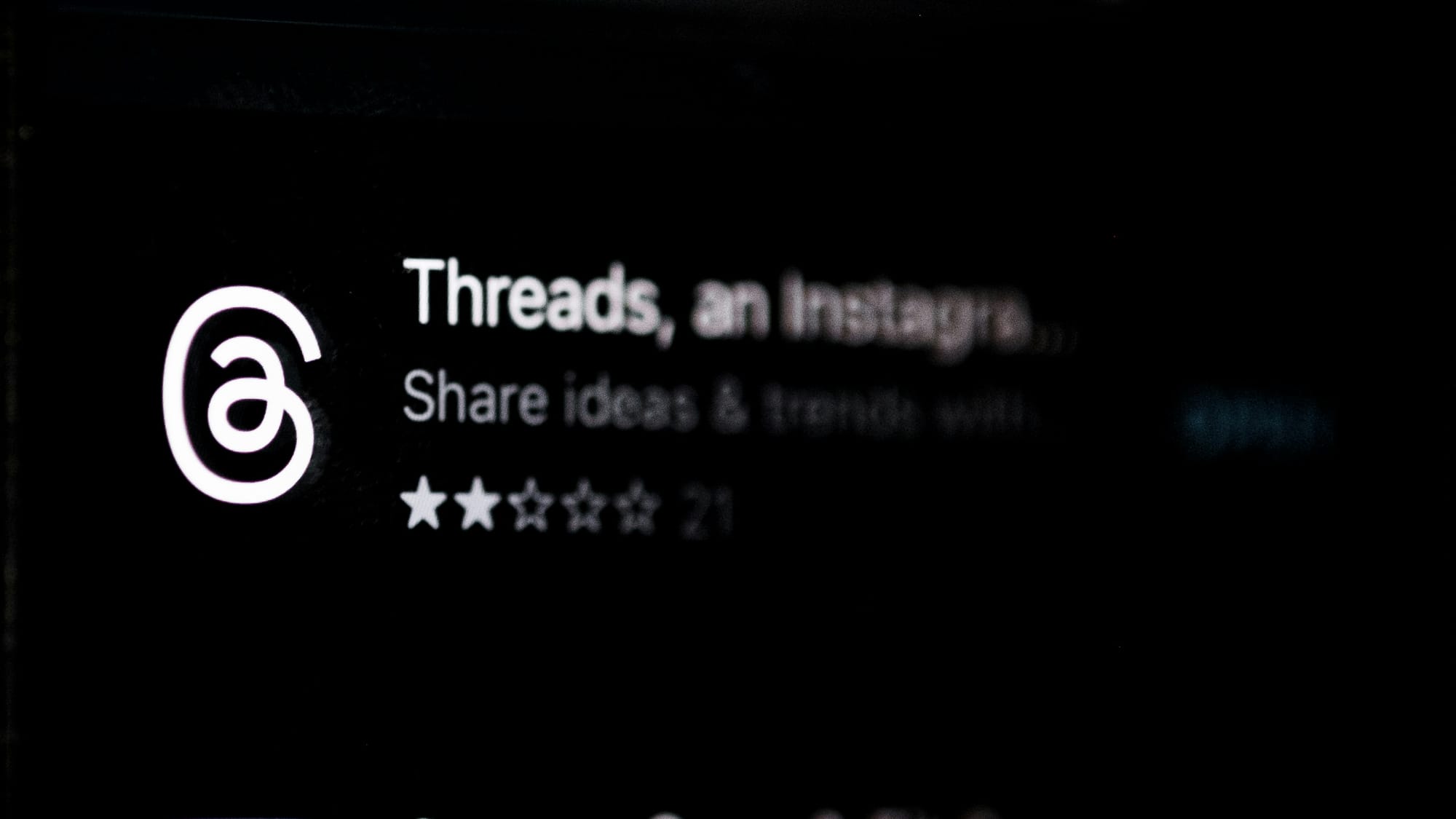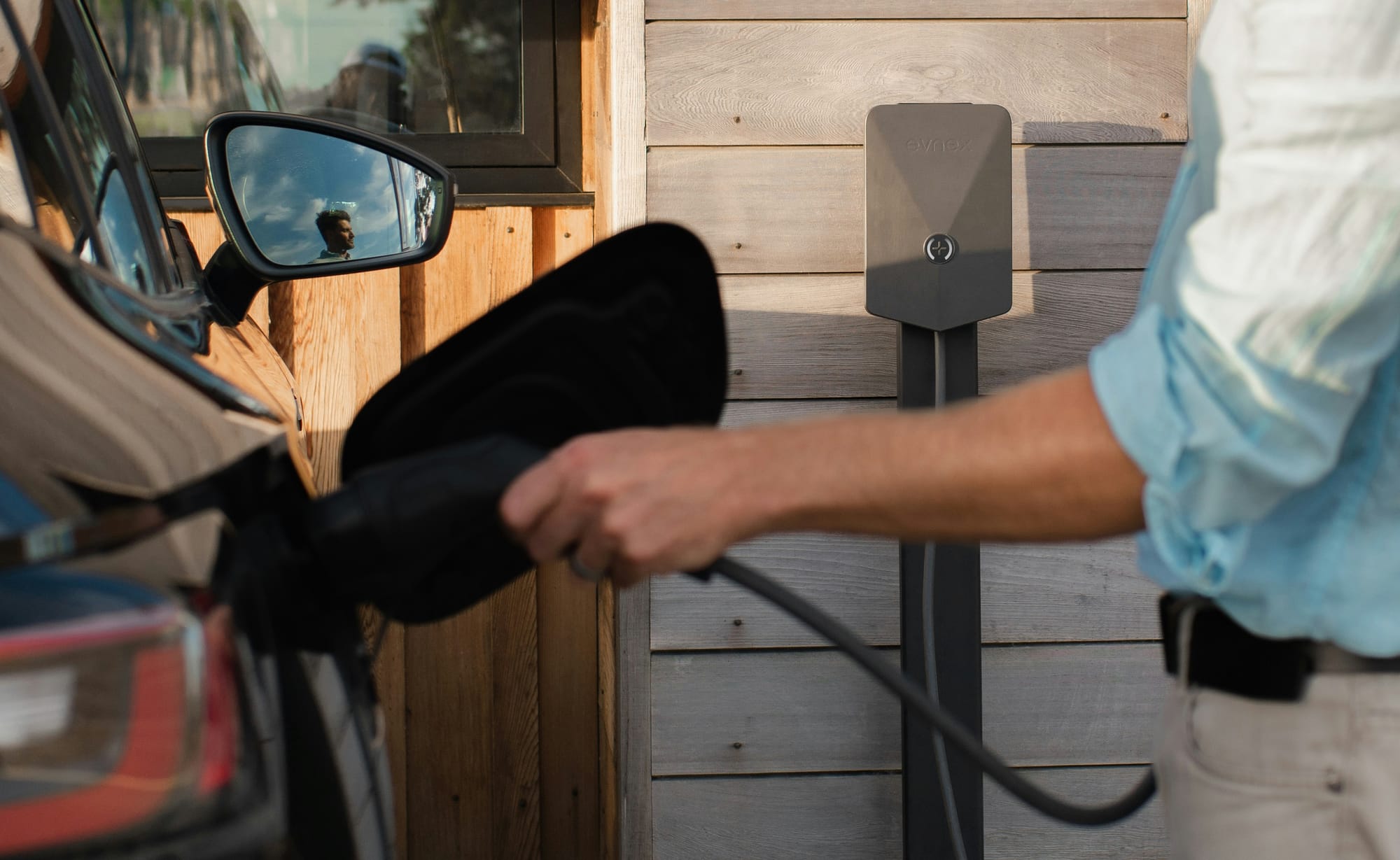Shut Your Laptop List: Unimpressive and under-sampling

If you’ve ever worked in communications, you know there’s always some email you get on a Friday that threatens your ability to shut your laptop and transition into your weekend with peace of mind. Every week, we plan to bring you an email to counteract that. While we can’t save you from every source of weekend angst, the Shut Your Laptop List should help you go into your weekly respite feeling smarter, inspired or (if we’re really killing it) chuckling a little. Let’s go.
"Twitter killer" or just a filler?
With Meta’s Threads recently celebrating one full rotation around the sun, analyses about its long-term viability as a challenger to Twitter (nope; we’re still not calling it “X”) have been published all over the place. Threads chief Adam Mosseri gave a wide-ranging interview to Platfomer’s Casey Newton, basically letting us all know that a range of features introduced in recent months have done little to make usage pop and that he aspires to have Threads become less dependent on its big sister, Instagram, to thrive.

Meta recently reported Threads has 175 million monthly active users (a massively decelerated growth trend); compare this to TikTok’s 1.5 billion MAU. So herein lies the challenge for communications pros: outside of securing an account to prevent brandjacking, what’s the point of investing time into managing just another social channel that’s stagnating in growth and, according to Business Insider’s Shirya Bhattacharya, facing an “identity crisis”? Mosseri told Platformer he wants Threads to be a less “angry” place than Twitter. But anger and sensationalism are what keep people engaged (sorry to say, but true) and ad dollars flowing. Between Threads deprioritizing political content and artificially bumping up “good vibes,” it actually may be shooting itself in the foot.
And the numbers don’t lie. Business Insider recently quoted a telecoms CEO saying that data he has access to show that users spend only six minutes on Threads each day — that’s abysmal and doesn’t give PR and marketing pros a lot of confidence to invest in it as a channel to meaningfully influence public opinion, much less advertise. According to SproutSocial data, TikTok users spend a little less than an hour per day on the app on average, for comparison.

So, without a major feature release that really changes the game, an entirely new content moderation strategy or a significantly different product vision altogether, Threads may just inch along into obscurity (anyone talked about the metaverse lately???). Twitter, you’re safe (though not brand safe) for now.
McKinsey tried it
Recently McKinsey published data that spurred every electric vehicle (EV) company’s worst nightmare of a headline: “Nearly half of American EV owners want to switch back to gas-powered vehicle, McKinsey data shows”. This headline (based on a "finding") plays into the anti-EV and EV policy narratives we’ve been seeing over the last six months. The phenomenon really started with major automakers reducing their initial investments in EV production after seeing a slow uptick in EV adoption.

It’s a little troubling that these data go against nearly every EV study that's come before. It’s conventionally accepted that the persona of most current EV owners is described as ‘early adopters’ looking to signal to everyone around them through their use of the latest in tech that they not only care about the world, but they’re also brave enough to help make it better by putting themselves out front first. (No doubt there's some FOMO in this population too, for consumers with endlessly deep pockets.) Kelly Blue Book research shows that “most electric car owners don’t go back” to internal combustion engine (ICE) vehicles — finding that 63% of EV owners intended to stick with EV for their next purchase.
The McKinsey survey headline got picked up in several publications and set places like Reddit ablaze with discussion. Upfront, McKinsey’s methodology claims 30,000 respondents were surveyed across 15 countries — however — when we look deeper, that netted out to just 800 U.S. EV owners. There are nearly 3.3 million EV owners on the road in the U.S. today. Surveys from JD Power and Plug In America have EV owners sticking with EVs for their next purchase at 80-90%, with sample sizes around 3K.
Since publishing, McKinsey has yet to detail their methodology much further. We, and John Oliver, are less than impressed.

